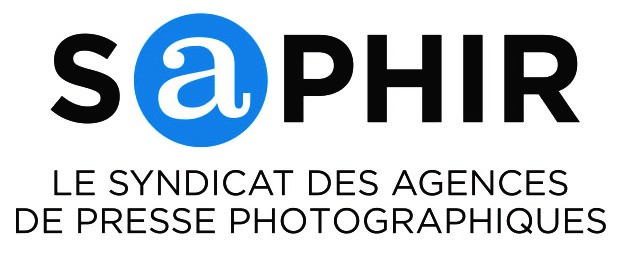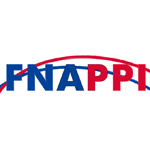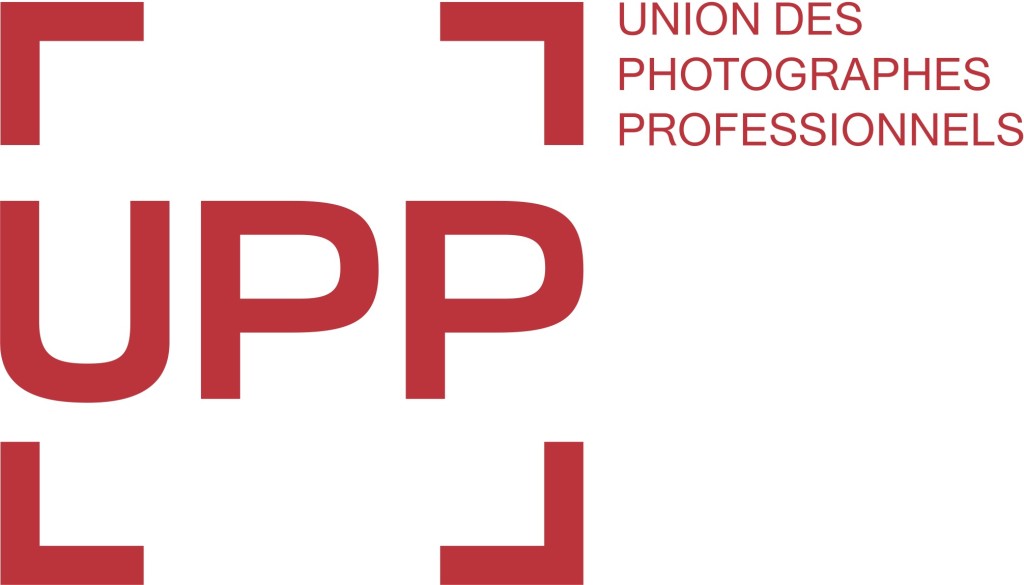On 2nd March in Brussels, ICOMP invited to an open event on the EU copyright reform.
Jonathan Lockwood, VP, Corporate Counsel at getty images was on the panel.
His speech is available ICOMP Panel Intr
Panel:
- David Wood, ICOMP (moderator)
- Mathieu Moreuil, Premier League
- Jonathan Lockwood, Getty Images
- Heiko Zysk, ProSiebenSat.1
- Therese Comodini Cachia, MEP
- Mary Honeyball, MEP
- Esa Kaunistola, Microsoft
Getty Images was the first photo library to license images over the Internet and for many years now we have operated a fully digitised workflow, both on the ingestion side and the customer side. We are constantly innovating, to bring more amazing content to market in more and more ways – whether by:
- crowd sourcing via image apps; or
- providing 360 gigapixel images for virtual reality use; or
- giving customers our APIs to dynamically serve images directly into their products and services; or
- promoting our “Embed” offering, allowing anybody to use images online at no cost for non-commercial purposes.
We license both Creative and Editorial images. I’d like to play a short clip that will do a far better job than I ever could at giving an indication of the power of images: http://stories.gettyimages.com/video-the-best-photography-of-2015/
Unfortunately, our ability to control third party use of these images online is extremely limited – once an image is out there, it’s out there. We and the photographers that we represent (of which there are over 200,000), are currently unable to stake a claim in the downstream value generated by our images.
This is mainly due to two loopholes in copyright law as it applies to online use:
- the outdated hosting liability exemption; and
- the way that “communication to public” has been interpreted by the courts when it comes to the framing of images.
We see the Digital Single Market Strategy as great opportunity for EU legislators to be bold and to plug these two loopholes – in a way that will result in a more equitable allocation of value, between those that display images w/o permission and the creators of those images.
This can be done w/o the Internet grinding to a halt and w/o the need for any new ancillary copyright or snippets tax.
- Regarding the hosting liability exemption and the issue of user uploaded content, we believe that safe harbour should not be awarded to those platforms that are “actively” hosting content, only those that are acting in a truly passive manner by facilitating access to the Internet itself. Those that are using the content to draw in viewers to generate money should not benefit – whether that monetisation is direct, like through advertising around the images, or indirect, like amassing data from those viewing the images or some other way that could not be done w/o the display of the user uploaded content.
The law should incentivise people to respect copyright law. Unfortunately, the opposite is true with the current hosting liability exemption. If a platform gains actual knowledge of unlicensed content, then it could be found liable. Therefore it is instead incentivised to turn a blind eye.
- Regarding “communication to the public” and the issue of hyperlinks, we believe that a distinction should be made between those hyperlinks that simply link to content (which is of course a good thing, the more travel around the Internet the better) and those hyperlinks that frame images from the source website as part of the link, thus obviating the need for the viewer to click on the link. This “framing” is a form of display that acts as a substitute for the originally published work and therefore should require the permission of the copyright owner.
Out of all the aspects of copyright being examined as part of the DSMS, it’s these two – hosting liability exemption and communication to the public – that can really make the difference and create a more level playing field – to bring the online world more in sync with the physical world.
We are certain that these changes can only be good for economic growth throughout the EU.
They will also have a positive impact on society by affording all image owners the opportunity to share in the value that their images bring to the Internet – to achieve a better balance than currently. I’m interested to discuss whether others feel these changes can realistically be made as part of the DSMS.

















